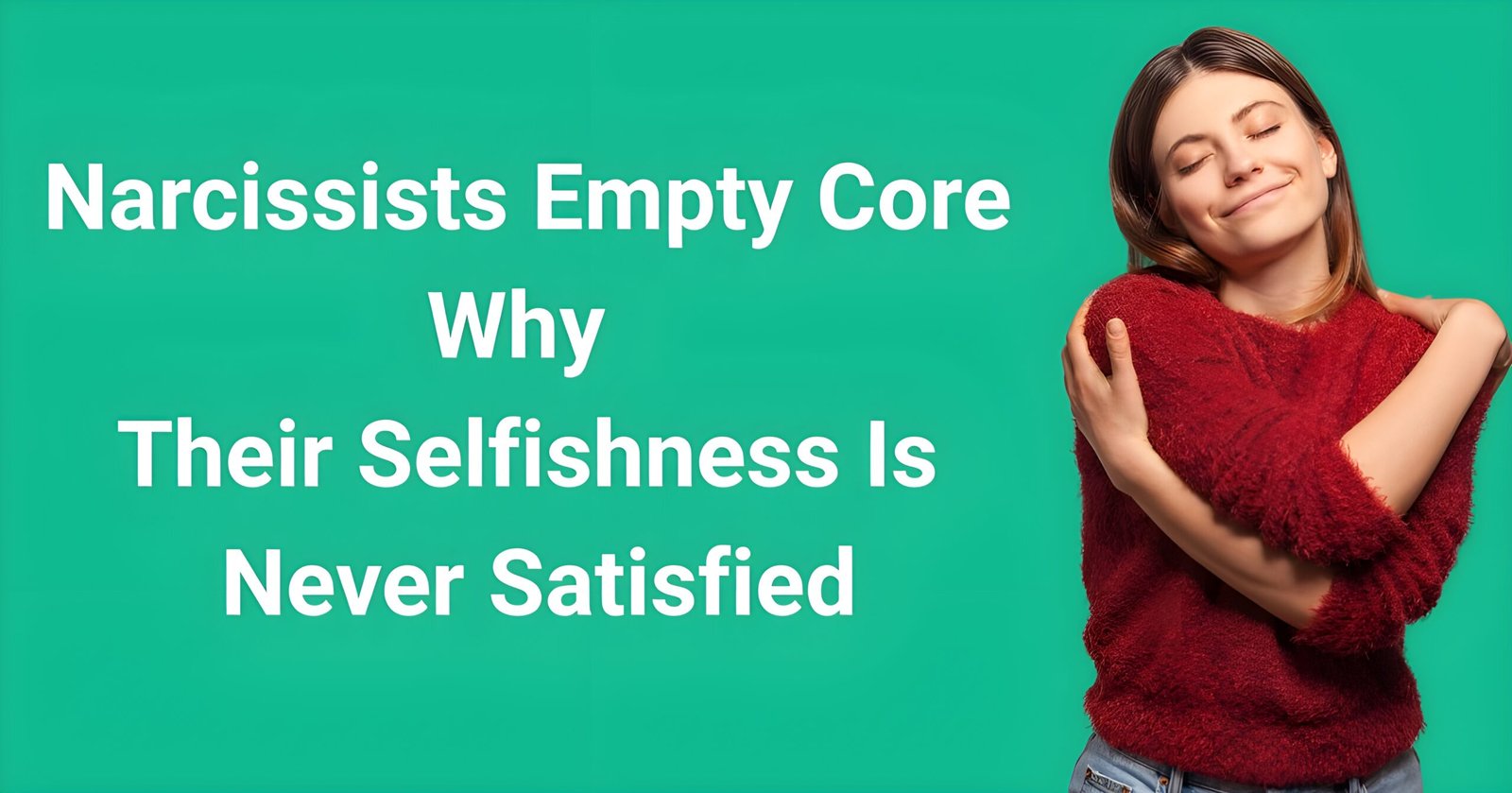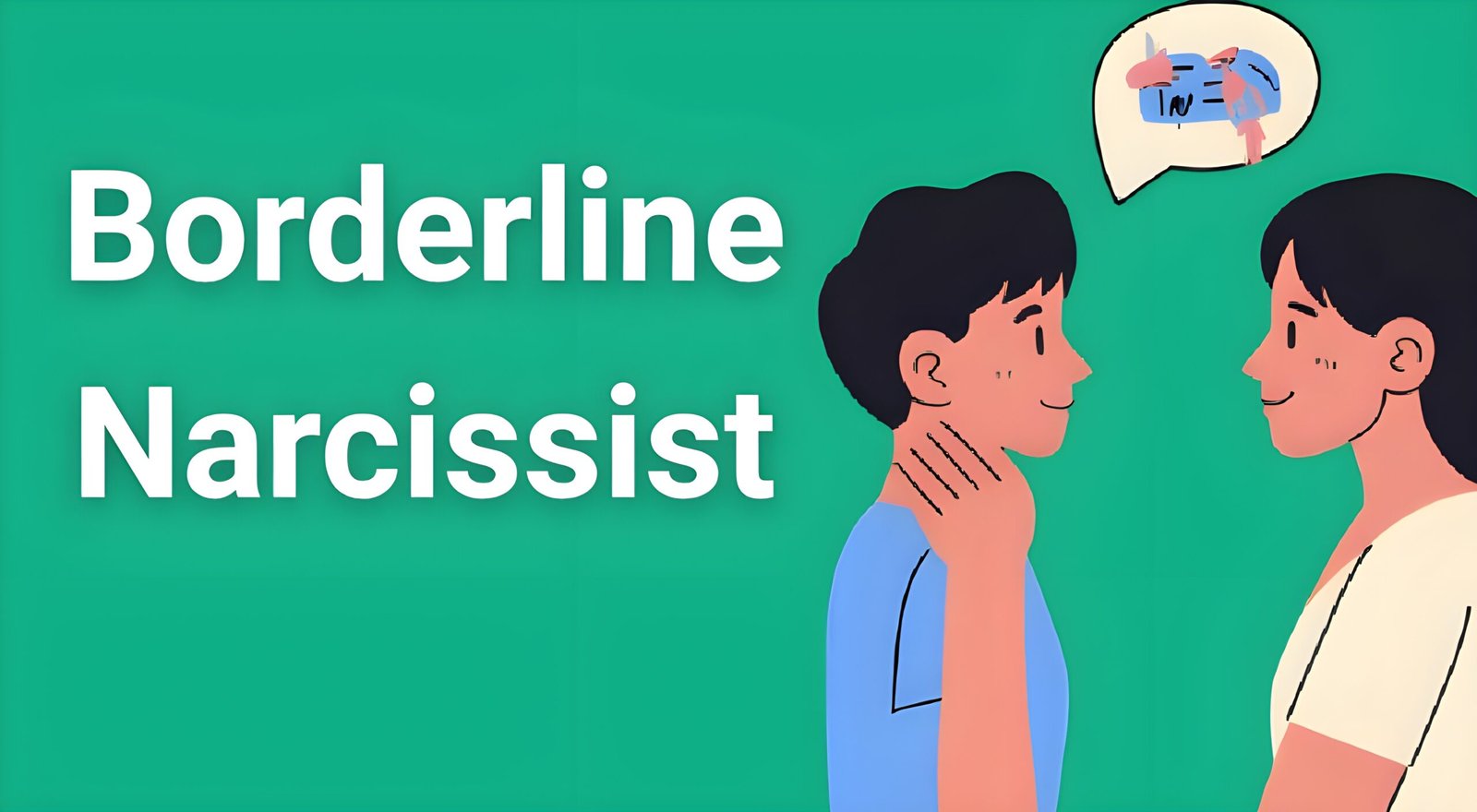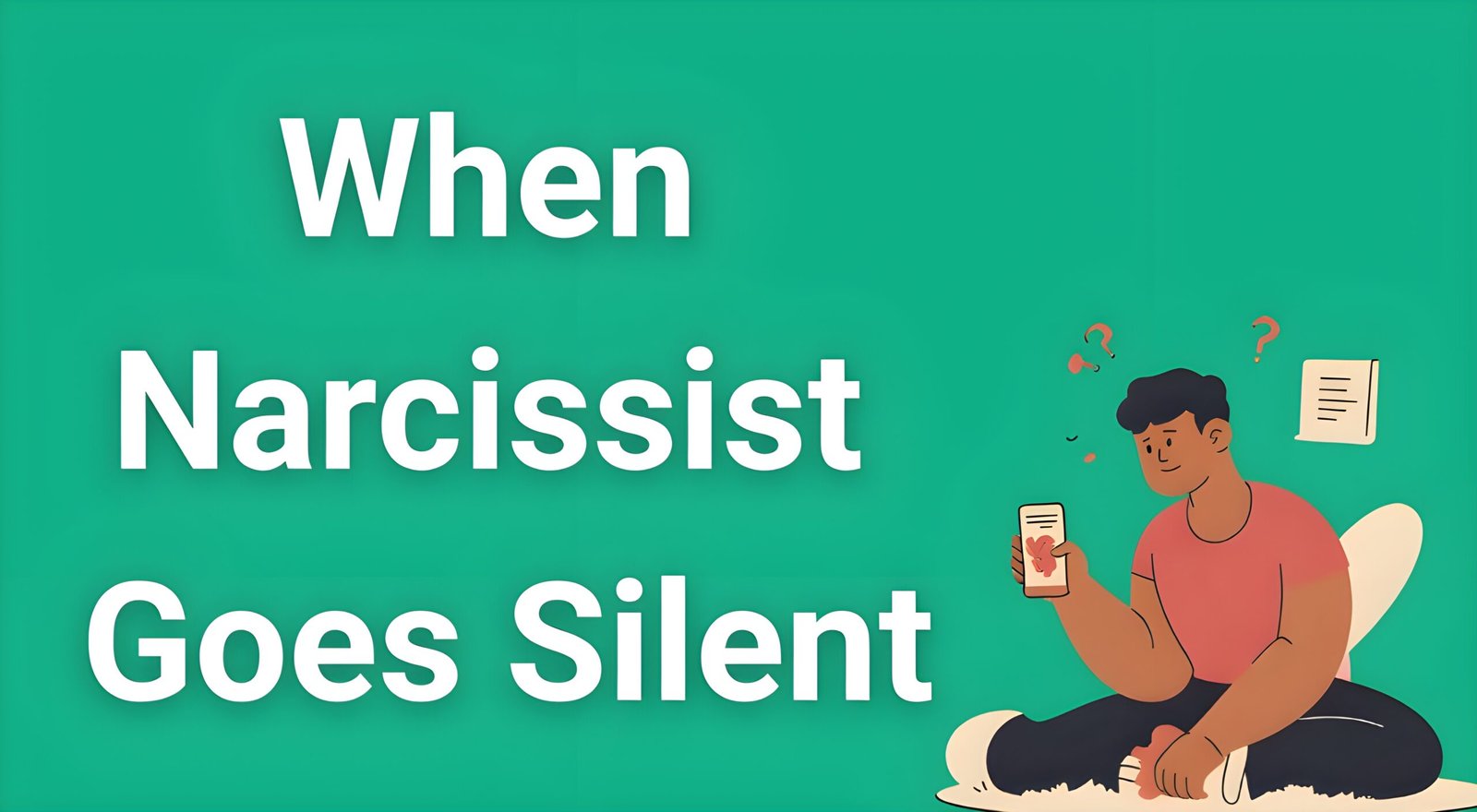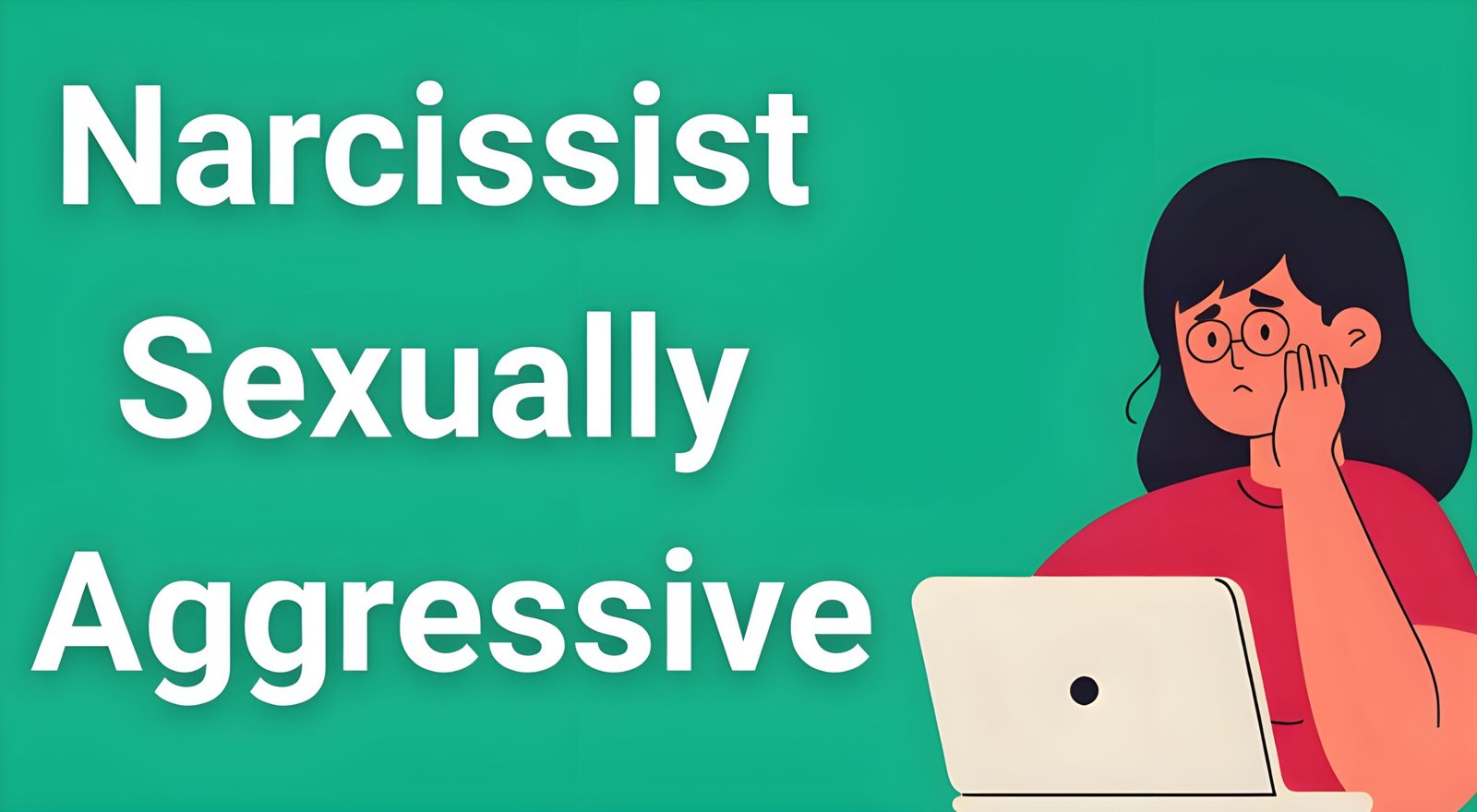Are narcissists selfish? I’m about to reveal insights that might completely transform your understanding of the relationship that’s been causing you so much pain and confusion. After helping thousands of survivors through my work at NarcissismExposed.com, I can tell you that understanding the true nature of narcissistic selfishness is the first critical step toward your liberation and healing.
- The True Nature of Narcissistic Selfishness
- The Psychology Behind “Are Narcissists Selfish”
- Beyond Simple Selfishness: The Exploitation Factor
- How Narcissistic Selfishness Shows Up in Relationships
- Are Narcissists Selfish or Are They Toxic?
- Are Narcissists Selfish By Choice or Compulsion?
- Can Narcissists Overcome Their Selfishness?
- The Devastating Impact of Narcissistic Selfishness
- Protecting Yourself from Narcissistic Selfishness
- The Path Forward: Beyond Narcissistic Relationships
- Key Takeaways: Are Narcissists Selfish?
- Frequently Asked Questions
- Final Thoughts: Beyond the Question of “Are Narcissists Selfish”
The True Nature of Narcissistic Selfishness
Are narcissists selfish at their core? The simple answer is yes—but the reality is far more complex and dangerous than mere selfishness. While ordinary selfishness is something we all experience occasionally, narcissistic selfishness operates on an entirely different level that can devastate those in their orbit.
As a Certified Narcissistic Abuse Specialist, I’ve observed that what appears as simple selfishness is actually part of a profound psychological pattern that serves a much darker purpose. The narcissist’s self-centered behaviors aren’t just annoying personality quirks—they’re survival mechanisms designed to protect a fundamentally fragile sense of self at any cost.
According to research published in the Journal of Personality and Social Psychology, individuals with Narcissistic Personality Disorder (NPD) display “an extreme focus on oneself and an absence of empathy that significantly impairs interpersonal functioning.” This goes far beyond normal self-interest—it’s a complete psychological orientation where others exist primarily as extensions of the narcissist’s needs and desires.
The Psychology Behind “Are Narcissists Selfish”
When asking “are narcissists selfish,” we must understand that their selfishness stems from specific psychological mechanisms:
1. Pathological Self-Focus
Narcissists experience a persistent, overwhelming preoccupation with themselves that differs fundamentally from normal self-interest. This isn’t simply wanting the bigger slice of cake—it’s an all-consuming focus on their needs, desires, and image that leaves little psychological space for considering others.
One survivor from my Substack community described it perfectly: “It wasn’t just that he wanted his way—it was that my needs didn’t even register as real to him. I literally didn’t exist as a separate person with valid feelings.”
2. Empathy Deficits: The Science Behind Narcissistic Selfishness
Are narcissists selfish because they choose to be, or is something deeper happening? Research from the Department of Psychology at the University of Georgia suggests that individuals with NPD show significant deficits in emotional empathy—the ability to feel what others feel—while often maintaining cognitive empathy—the ability to intellectually understand others’ emotions.
This explains the chilling experience many survivors describe: the narcissist seems to understand your pain intellectually (sometimes even using this understanding for manipulation) while remaining emotionally unmoved by your suffering.
This is why the narcissist can hurt you deeply and then express confusion about why you’re upset—they literally don’t feel the emotional impact of their actions.
3. Entitlement: The Fuel for Narcissistic Selfishness
The DSM-5 lists “a sense of entitlement” as a core diagnostic criterion for NPD. This entitlement manifests as an unshakeable belief that they deserve special treatment, exceptions to rules, and priority consideration in all situations—regardless of the cost to others.
In my work with thousands of survivors, I’ve seen how this entitlement creates situations where the narcissist genuinely believes that:
- Their time is more valuable than yours
- Their emotions matter more than yours
- Their needs should automatically take precedence
- Rules that apply to others shouldn’t apply to them
Beyond Simple Selfishness: The Exploitation Factor
Are narcissists selfish in the same way someone might be selfish about the last cookie? No—their selfishness includes a willingness to actively exploit others that moves beyond self-interest into something more disturbing.
The narcissist doesn’t just prioritize themselves—they view others as tools or extensions of themselves to be used for:
- Validation and admiration (narcissistic supply)
- Practical benefits and resources
- Status enhancement by association
- Emotional regulation (often using you as an emotional punching bag)
This is why relationships with narcissists feel so draining—you’re not being seen as a person but as a resource to be mined for their benefit.
How Narcissistic Selfishness Shows Up in Relationships
The question “are narcissists selfish” becomes most apparent in intimate relationships. Here’s what narcissistic selfishness typically looks like:
One-Sided Emotional Support
You’re expected to provide endless understanding, validation, and support for their feelings, while your emotional needs are dismissed, minimized, or used against you later.
As one survivor told me: “I spent three years being her on-call therapist, but when my father died, she managed to make his funeral about her discomfort with sad events. She actually said, ‘I don’t do grief well’ and left early.”
Conversation Domination
Conversations revolve around their experiences, achievements, and problems. When you speak, they’re either waiting for their turn or looking for ways to redirect the conversation back to themselves.
Resource Imbalance
Whether it’s money, time, attention, or effort, there’s a consistent pattern where you give more than you receive. The relationship feels like a one-way street of resources flowing toward the narcissist.
Decision-Making Control
Important decisions—from what restaurant to visit to major life choices—prioritize their preferences. Your input is either ignored or becomes the subject of conflict if it contradicts their desires.
Are Narcissists Selfish or Are They Toxic?
The distinction matters. Ordinary selfishness might be annoying but is generally not harmful in the long term. Narcissistic selfishness, however, is actively toxic to your psychological well-being.
Research from the University of California suggests that prolonged exposure to narcissistic behavior can lead to:
- Chronic anxiety and depression
- Erosion of self-esteem and identity
- Development of trauma responses
- Difficulty trusting others
- Physical health problems from chronic stress
If you’re wondering whether you’re dealing with normal selfishness or narcissistic toxicity, ask yourself: Does their self-centered behavior leave you feeling not just disappointed but emotionally damaged?
Are Narcissists Selfish By Choice or Compulsion?
This question touches on one of the most confusing aspects of narcissistic abuse. Are narcissists consciously choosing their selfish behaviors, or are they driven by unconscious psychological forces?
The answer lies somewhere in between. Most narcissists:
- Have limited awareness of how their behavior affects others
- Experience their self-centered actions as necessary and justified
- Feel compelled by inner emptiness to seek external validation
- May intellectually understand they’re being selfish but feel entitled to be so
As I tell the survivors in my community: Understanding the psychological roots of their behavior doesn’t excuse it, but it can help you stop taking it personally and break free from the cycle of hoping they’ll change.
Can Narcissists Overcome Their Selfishness?
Are narcissists selfish forever? The clinical reality is sobering. According to long-term studies, NPD is one of the most treatment-resistant personality disorders. Meaningful change requires:
- The narcissist acknowledging their behavior (rare due to lack of insight)
- Willingness to endure the painful process of therapy
- Long-term commitment to changing ingrained patterns
- Development of empathy skills that don’t come naturally
While change is theoretically possible, it’s extremely rare in practice. Most narcissists lack both the insight to recognize their problems and the motivation to endure the discomfort of changing.
This is why waiting for a narcissist to become less selfish is almost always a path to continued disappointment and pain.
If you’re struggling to determine exactly what type of narcissist you’re dealing with and which specific tactics they’re using against you, my Personalized Narcissistic Abuse Clarity Report provides a comprehensive analysis of your unique situation. In 48-72 hours, you’ll receive a detailed breakdown of their manipulation patterns, your emotional responses, and a custom roadmap for your next steps.
The Devastating Impact of Narcissistic Selfishness
When asking “are narcissists selfish,” we must acknowledge the profound damage this selfishness causes to those around them:
Identity Erosion
Over time, the narcissist’s selfishness forces you to shrink your own needs, preferences, and eventually your sense of self. Many survivors describe no longer knowing who they are after years of adapting to the narcissist’s demands.
Emotional Exhaustion
The constant giving with little in return creates a state of emotional depletion. As one survivor described it: “I felt like a well that was constantly being drained but never refilled.”
Reality Distortion
Perhaps most damaging is how narcissistic selfishness is often accompanied by gaslighting that makes you question your right to have needs at all. You begin to wonder if you’re “too needy” for wanting basic consideration.
Breaking free from trauma bonds requires more than willpower—it requires a systematic, day-by-day approach that rewires your brain’s addiction pathways. My 30-Day Trauma Bond Recovery Workbook provides the neurologically-based recovery system that treats trauma bonds like the addiction they actually are, with specific daily exercises designed to break the cycle permanently.
Protecting Yourself from Narcissistic Selfishness
If you’ve recognized that the answer to “are narcissists selfish” is a resounding yes in your relationship, here are critical steps to protect your wellbeing:
1. Recognize the Pattern
Understanding that you’re dealing with pathological selfishness rather than normal self-interest is the first step. This isn’t about someone having an off day—it’s a persistent pattern that won’t change with more understanding or love from you.
2. Stop Over-Giving
Many survivors try to earn love and consideration by giving even more. This approach never works with narcissists and only depletes you further. Begin reclaiming your energy and resources.
3. Implement Firm Boundaries
Clearly define what you will and won’t accept. Boundaries with narcissists must be firm and backed by consequences you’re willing to enforce, as they will inevitably test your limits.
4. Reclaim Your Reality
Start trusting your perceptions again. Your needs, feelings, and experiences are valid, regardless of how the narcissist tries to minimize them.
For those who can’t leave immediately due to financial constraints, children, or other circumstances, my ‘How to Survive When You Can’t Leave Yet’ workbook provides daily survival strategies that give you peace and protection while you’re still in the situation. This isn’t about enduring—it’s about thriving strategically until you can safely exit.
The Path Forward: Beyond Narcissistic Relationships
The journey of healing from narcissistic selfishness involves several key stages:
1. Acceptance
Accepting that the narcissist’s selfishness is not something you caused or can fix is painful but liberating. As one survivor put it: “The day I stopped trying to make him see me as a person with needs was the day my healing began.”
2. Grieving
Allow yourself to grieve the relationship you thought you had and the reciprocity you deserved but never received.
3. Rebuilding
Begin the process of rediscovering your needs, preferences, and identity outside of the narcissist’s influence.
4. Creating Healthy Relationships
Learn to recognize and cultivate relationships characterized by mutual care, respect, and healthy give-and-take.
In my work with thousands of survivors through my Substack newsletter, I’ve seen that those who fully recover don’t just escape narcissistic relationships—they develop a deeper understanding of themselves and create boundaries that protect them from future exploitation.
Key Takeaways: Are Narcissists Selfish?
- Narcissists are not just occasionally selfish—they have a pervasive pattern of self-focus that fundamentally shapes their perception of others
- Their selfishness stems from empathy deficits, entitlement, and a fragile sense of self
- Narcissistic selfishness is actively harmful to your psychological wellbeing
- Their self-centered behavior rarely changes in meaningful ways
- Recovery involves accepting this reality and rebuilding your sense of self and healthy boundaries
Frequently Asked Questions
Yes, narcissists are fundamentally selfish by nature. Both grandiose and vulnerable narcissists share core traits of selfishness, entitlement to special treatment, and relating to others in antagonistic ways. They operate like “black holes,” constantly seeking attention, validation, and admiration while offering little in return. Their selfishness isn’t a choice—it stems from their personality structure and inability to see beyond their own needs.
Self-centered people can still show empathy and genuine remorse when confronted about their behavior, and they’re capable of changing. Narcissists, however, lack emotional empathy and see others as pawns in their universe. When called out, narcissists typically dismiss criticism, get angry, or fake accommodation without real change. Self-centered individuals focus on themselves but can consider others; narcissists fundamentally cannot.
Narcissistic selfishness stems from a deep sense of entitlement and fragile ego. They believe the world revolves around them and everyone exists to serve their needs. Their lack of empathy prevents them from understanding how their actions affect others. They operate from a mindset of “What can I get out of this?” rather than considering others’ feelings or needs.
Most narcissists don’t recognize their selfishness because they genuinely believe they deserve special treatment. They lack the emotional empathy needed to understand others’ perspectives. Even when confronted, they typically rationalize their behavior, blame others, or play victim rather than acknowledging their selfishness. Their entitlement feels natural and justified to them.
Narcissists may occasionally appear unselfish, but it’s typically performative and self-serving. They might help others to gain admiration, maintain their image, or manipulate situations to their advantage. True unselfishness requires empathy and genuine concern for others’ wellbeing—qualities that narcissists fundamentally lack. Any apparent generosity usually has hidden motives related to their own needs for validation or contr
Final Thoughts: Beyond the Question of “Are Narcissists Selfish”
Are narcissists selfish? Yes—but understanding this is just the beginning of your journey toward healing. The real question isn’t about them but about you: How will you reclaim your right to have needs, to be seen, and to participate in relationships that nourish rather than deplete you?
Your path forward starts with recognizing that you deserve reciprocity, respect, and genuine care. No amount of understanding, patience, or love on your part will transform someone with pathological selfishness into a giving partner.
For ongoing support, join thousands of other survivors in my weekly newsletter at NarcissismExposed.com, where I provide insights, strategies, and community for those recovering from narcissistic relationships.Are narcissists selfish? I’m about to reveal insights that might completely transform your understanding of the relationship that’s been causing you so much pain and confusion. After helping thousands of survivors through my work at NarcissismExposed.com, I can tell you that understanding the true nature of narcissistic selfishness is the first critical step toward your liberation and healing.






